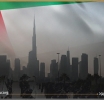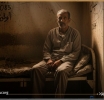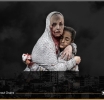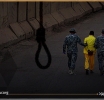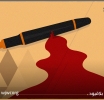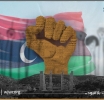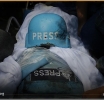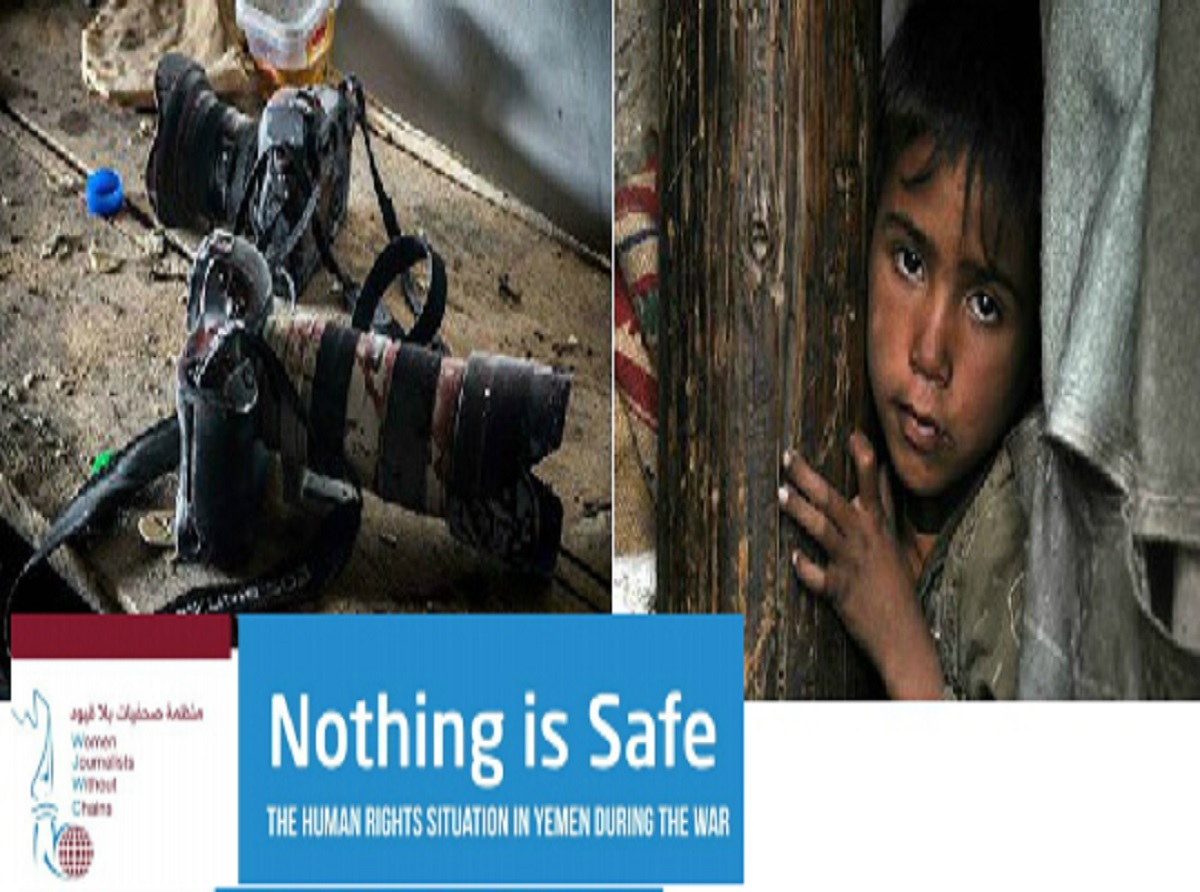In Yemen, the simple act of reporting the news has become a dangerous and potentially deadly profession.
The Women Journalists Without Chains (WJWC) organization has released a report documenting 91 cases of press freedom violations in 2021 alone, including four murders of journalists. These incidents represent only a portion of the ongoing threats and challenges faced by media workers in the country, where the media landscape has been dramatically altered by years of conflict and political upheaval. As Yemen struggles to find its way forward, the WJWC report sheds light on the urgent need to protect journalists and preserve press freedoms in this increasingly volatile environment.
Between 2014 and 2021, Women Journalists Without Chains (WJWC) has recorded a total of 278 incidents of journalist violations, which includes 49 cases of murder. None of the victims' families have received justice, compensation or reparations, while many others have experienced severe violations such as detention, injury, forced displacement, loss of employment, and other ongoing violations. Despite the severity of these violations, there has been no redress or compensation, even at the most basic levels.
In addition to the 49 cases of murder, the remaining violations documented by the Women Journalists Without Chains (WJWC) organization during the 2014-2021 period included attempted murder, death threats, arrests, torture, assaults, incitement, illegal trials, denial of healthcare, suspension from work, forced labor without pay, and the use of UN aid by Houthi militias as a substitute for salaries. It is important to note that the number reported by the organization is not an exhaustive total of all violations recorded during the period mentioned, but rather focuses on violations that continue to have ongoing effects.
According to the Women Journalists Without Chains (WJWC) organization, last year in 2021 accounted for over a third of the observed violations during the previous period, with 97 instances of violations against journalists recorded, including 4 cases of murder. The organization noted that the seemingly modest number does not necessarily indicate a state of stability or a decrease in the level of violations. Instead, it is primarily due to the continued closure of all private and civil media offices that were operational before the Houthi coup in September 2014.
The WJWC has reported 32 cases of invasion and closure of official and private media institutions in Yemen over the past years. All civil and partisan newspapers issued from Sanaa were closed after the Houthi militias took control of the capital and its governing institutions. Additionally, 31 news websites were blocked, and 3 media facilities were bombed by the Saudi and UAE air forces. The Houthi militias also closed the offices of civil and partisan media institutions and looted their equipment for the benefit of state-run media institutions. These actions have had a lasting impact on the media landscape in Yemen.
Official television, local radio stations, notably Sanaa Radio, and organizations associated with the Ministry of Information, such as Saba Agency and official television, have been taken over by the Houthi militia. All these media outlets are utilized by the Houthi militia to promote sectarian discourse and mobilize the populace for battle. A significant number of provocation materials, hate speech, justification for violence, and support of it can be found in the media discourse of the Houthi militia. Together with the institutions connected to the Ministry of Information and Yemeni News Agency, the Southern Transitional Council militia also controls the official 14 October newspaper.
According to the WJWC, a total of 66 cases of unwarranted dismissal were documented, with the largest proportion (59 incidents) taking place in regions controlled by the Houthi militia. The rest of the cases were assigned to four biased media outlets (4 cases), the Southern Transitional Council (2 cases), and the lawful government (1 case).
The “Women Journalists Without Chains (WJWC)" organization has stressed that the situation for media workers is more precarious than ever before. Journalists are being targeted in a dangerous and violent manner, making the media landscape no longer considered even minimally safe. The risks to media workers have become increasingly immediate, and the targeting of journalists has reached a dangerous and violent stage. The WJWC has highlighted the urgency of the situation, calling for immediate action to protect the safety and well-being of journalists.
In addition to the risks faced by journalists, the WJWC has revealed that thousands of workers in Yemen's media sector have been affected by job loss and exploitation. The majority of employees in the Ministry of Information, Saba News Agency, radio and television stations, and state-run newspapers have either lost their jobs or been forced to work under the Houthi militia's imposed editorial policy without any compensation, resembling forced labor. This has been done in return for aid from international humanitarian organizations. The WJWC has raised concerns over the mistreatment and exploitation of these workers and called for urgent action to protect their rights and dignity.
In 2021, the WJWC documented four cases of journalists being killed, which included Ahmed Saleh Bou Saleh, Tareq Mustafa, Ahmed Hadij Baras, and Rasha Abdullah Al-Harazi. The first three were victims of terrorist bombings that targeted civilians in Aden province, while the latter was killed in an explosion targeting her journalist husband's car. The WJWC views these incidents as a dangerous escalation in the targeting of journalists, highlighting the dire and dangerous transformation that the parties involved in the conflict have reached in their approach to press freedoms.
These tragic incidents further add to the ongoing challenges faced by media workers in Yemen, who are already struggling with job loss, exploitation, and increasing threats to their safety. The WJWC continues to urge immediate action to protect journalists and media workers, as well as to ensure that those responsible for attacks against them are held accountable
The organization has highlighted the danger index of crimes and violations targeting journalists, which continues to rise due to the perpetrators escaping punishment. The WJWC views this as a confirmation of the intentional and systematic nature of these violations. Despite the regrettable inability of the international community to address the issue of impunity for perpetrators of such violations, the WJWC stresses the importance of protecting journalists and providing them with the necessary safety measures to carry out their professional duties.
The WJWC's concerns reflect the ongoing struggles faced by journalists in Yemen, who continue to work in an increasingly dangerous and volatile environment. The organization's call for greater protection for journalists is a crucial step towards ensuring their safety and freedom to report without fear of reprisals. The WJWC's efforts to raise awareness of these issues are an essential component in the fight for press freedom and the protection of journalists in Yemen.
As of today, there are still 11 journalists who remain in captivity under the Houthi militias, enduring brutal torture and suffering from severe health issues. These individuals are not allowed to receive any medical attention or visitors. The hostages are Akram Al-Walidi, Tawfiq Al-Mansouri, Harith Hamid, Abdul Khaleq Imran, Majid Yassin, Mohammed Abdo Al-Salahi, Mohammed Ali Al-Junaid, Nabil Al-Sadaawi, Wahid Al-Sofi (who is being forcibly hidden), Waleed al-Matari, and Younes Abdulsalam.
Journalist Mohammed Al-Muqri is still in captivity with Al-Qaeda in Hadramout, while journalist Rashed Thabet, the director of Bandar Aden channel, has been kidnapped by security belt forces affiliated with the Southern Transitional Council. Furthermore, four of the journalists who were kidnapped by the Houthi militias have been sentenced to death, namely Akram Al-Walidi, Tawfiq Al-Mansouri, Harith Hameed, and Abdul Khaliq Imran. The WJWC rejects these sentences and considers them to be invalid, as they were issued by an illegitimate authority. Women Journalists Without Chains has also called for the release of all the other kidnapped journalists, including those mentioned above.
According to the WJWC's report, there were a total of 103 recorded violations against journalists in 2021. These violations were categorized as follows: kidnapping, arrest, detention, and pursuit in 27 cases (26.19%); preventing visits and depriving abducted individuals of medical care in 14 cases (13.58%); trial and summons in 12 cases (11.64%); seizure, invasion, and looting in 11 cases (10.67%); incitement and threat in 9 cases (8.73%); assault in 5 cases (4.85%); and murder, torture, and prevention from practicing the profession in 4 cases each (3.88%). Additionally, there were 3 cases of injury, 2 cases of attempted murder, and 2 cases of suspension from work and salary seizure, each representing 1.94%.
The Houthi militias were responsible for 39 of these violations, which represents 37.83% of the total number of violations. Military and security forces loyal to the legitimate government committed 24 violations, representing 23.28%. Unknown parties committed 17 violations, representing 16.49%, while the Security Belt Forces affiliated with the Southern Transitional Council committed 15 violations, representing 14.55%. The Saudi authorities committed 2 violations, which represents 1.94% of the total number of violations.
The Houthi militia-controlled Capital Secretariat, which had the most violations (35) and 33.95% of all violations, took first place. The Transitional Council militia-run Aden Governorate came in second with 21 violations, or 20.37% of all violations. Hadramout and Taiz each had 11 violations, which together accounted for 10.67% of all violations. There were (3) violations in Ibb and (5) violations in Marib, totaling 2.91% and 4.85%, respectively. Two breaches occurred in Saudi Arabia, which accounted for 1.94% of all violations, and one violation each occurred in the governorates of Amran, Lahj, Socotra, Al-Hodeidah, and the Yemeni embassy in Ethiopia, which accounted for 0.97% of all violations.
Considering that three journalists were targeted in separate terrorist bombings and one journalist and her husband were on their way to the hospital, Bushra Al-Surabi, the executive director of the WJWC organization, noted that what was notable in 2021 was the targeting of journalists in terrorist operations that put their lives in danger. Al-Surabi continued, "We appear to be in the midst of a new, risky period that aims to silence press freedoms in an unprecedented way. Protecting journalists, looking into these crimes, finding the offenders, and bringing them to court to suffer their deterrent punishment are the duties of the concerned authorities."
The WJWC Executive Director went on to clarify that the organization supports any initiatives made to shield journalists from all types of harassment and violence, emphasizing the importance of prosecuting anyone who disobeys journalist rights because these offenses are not subject to the statute of limitations. She urged the United Nations and the International Federation of Journalists, in particular, to take serious action to pressure all parties to the conflict in the country to immediately stop violating journalists' rights and to press for the release of all journalists who have been kidnapped and are being held in prisons. She also urged all international and human rights organizations, as well as all supporters of freedom and human rights, to take similar action.
To download full report click Download WJWC_Report_Press_Freedoms_in_Yemen_2021_EN

 En
En  Ar
Ar 
